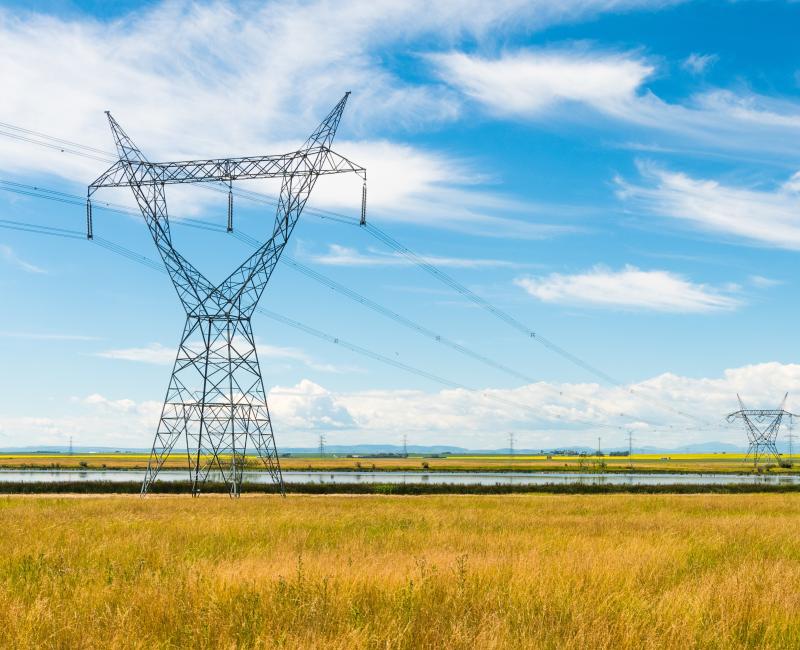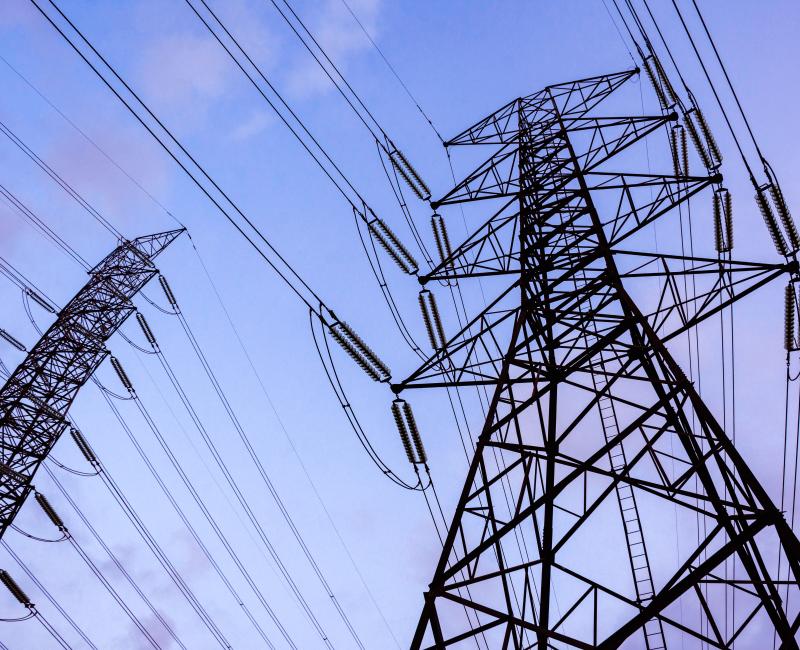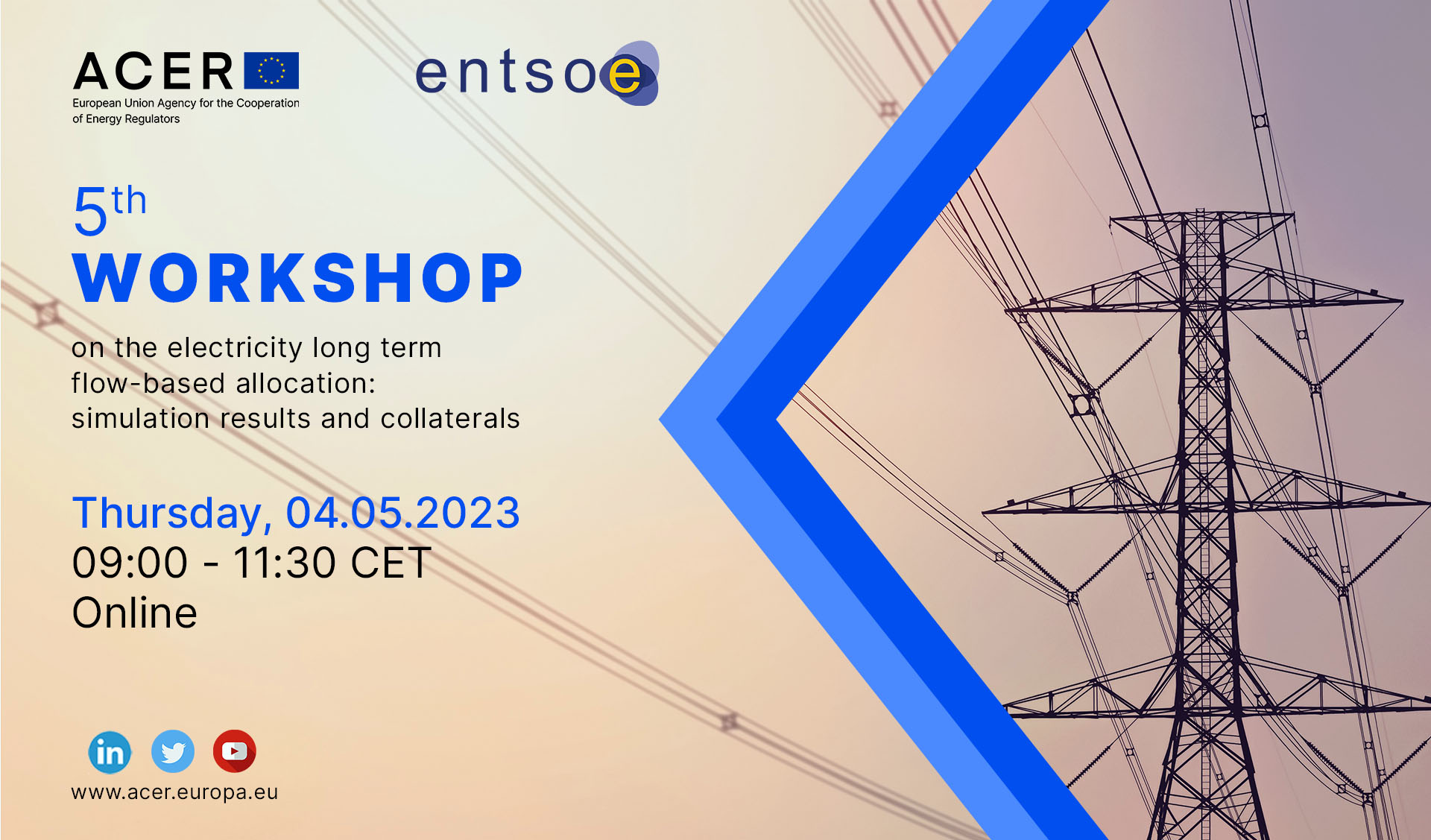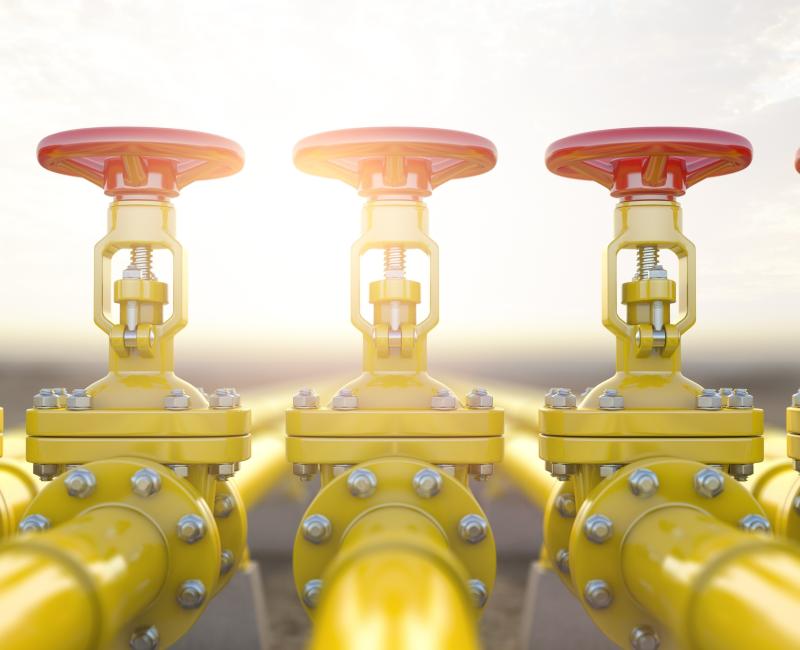ACER’s response to ENTSO-E’s public consultation on ERAA 2023 focuses on consistency

ACER’s response to ENTSO-E’s public consultation on ERAA 2023 focuses on consistency
What is it about?
Each year, the European Network of Transmission System Operators for Electricity (ENTSO-E) assesses the risks to EU security of electricity supply for up to 10 years ahead with its European Resource Adequacy Assessment (ERAA). ERAA is submitted for ACER’s decision by 1 November each year.
ACER appreciates ENTSO-E`s efforts to consult on the 2023 ERAA assumptions and data. Robust results come from robust input data and stakeholder involvement is key in ensuring it.
ACER did not approve the first two ERAAs submitted by ENTSO-E (see the links to the ACER decisions on ERRA 2021 and 2022 respectively). The ACER decisions provided recommendations to ENTSO-E to improve their subsequent ERAA.
Taking into account the experience gained in the first two years of ERAA, ACER has decided to contribute to the consultation. The aim is to transparently and concretely express ACER’s key data-related concerns to allow ENTSO-E to address them before their submission of the draft ERRA 2023 to ACER later this year.
ACER’s key suggestions on how to improve the assessment
To improve the assessment, data input needs to be:
- consistently applied within the two ERRA modules (adequacy & investment), and
- consistent with the relevant EU and national policy goals and plans.
Figure 1: ACER’s focus is consistency of data input between ERAA modules and policy goals
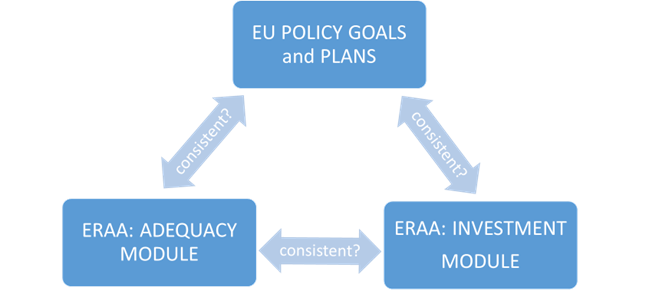
Key areas of ACER’s concern
Cross-zonal capacities:
- Cross-zonal electricity exchange represents an important adequacy resource, hence assumptions regarding cross-zonal capacities and the underlying interconnectors are crucial.
- ACER urges ENTSO-E to consistently consider cross-zonal capacities according to the Ten-Year Network Development Plan (TYNDP) developed by the TSOs and ENTSO-E.
Climate-related assumptions:
- Climatic variables can have a significant effect on security of electricity supply and thus on the ERAA results.
- ACER highlights the importance of the consistent application of climatic variables across the two ERAA modules (adequacy & investment).
See ACER’s reply to ENTSO-E’s public consultation on ERAA 2023.
